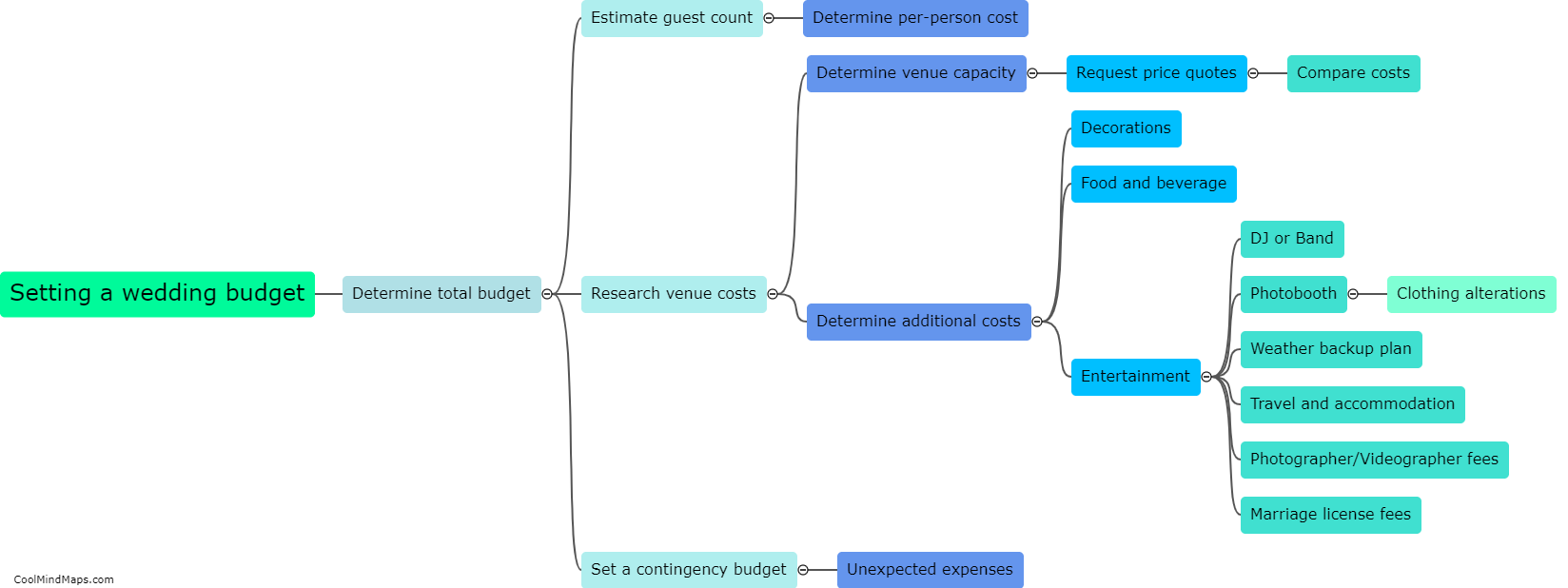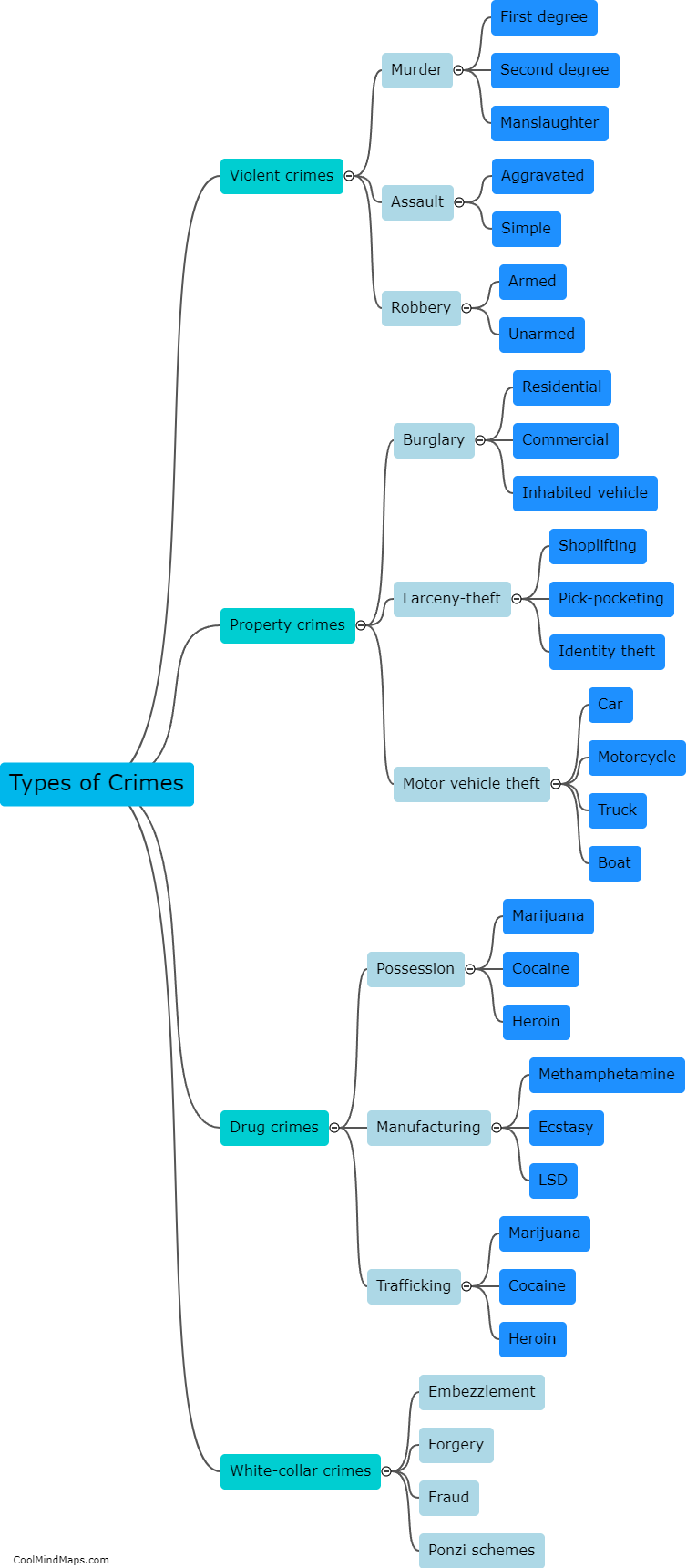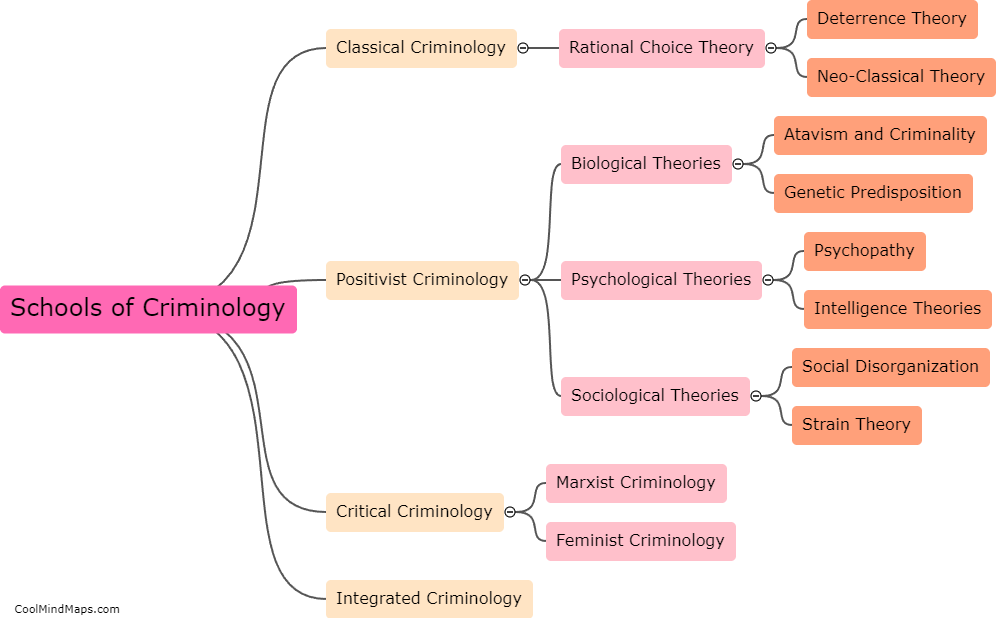What are the advantages of functional complementation?
Functional complementation is a technique used in molecular genetics to identify and characterize genes with similar functions across different organisms. It involves the transfer of a gene from one organism to another, and testing whether the transferred gene can restore a lost function in the recipient organism. One of the key advantages of functional complementation is that it allows researchers to identify how different genes interact with each other to carry out specific biological functions. It also provides insights into the evolutionary history of genes and their functions, as well as potential applications in biotechnology and genetic engineering. Overall, functional complementation plays a valuable role in advancing our understanding of the complex mechanisms that govern life at the molecular level.

This mind map was published on 8 June 2023 and has been viewed 98 times.











